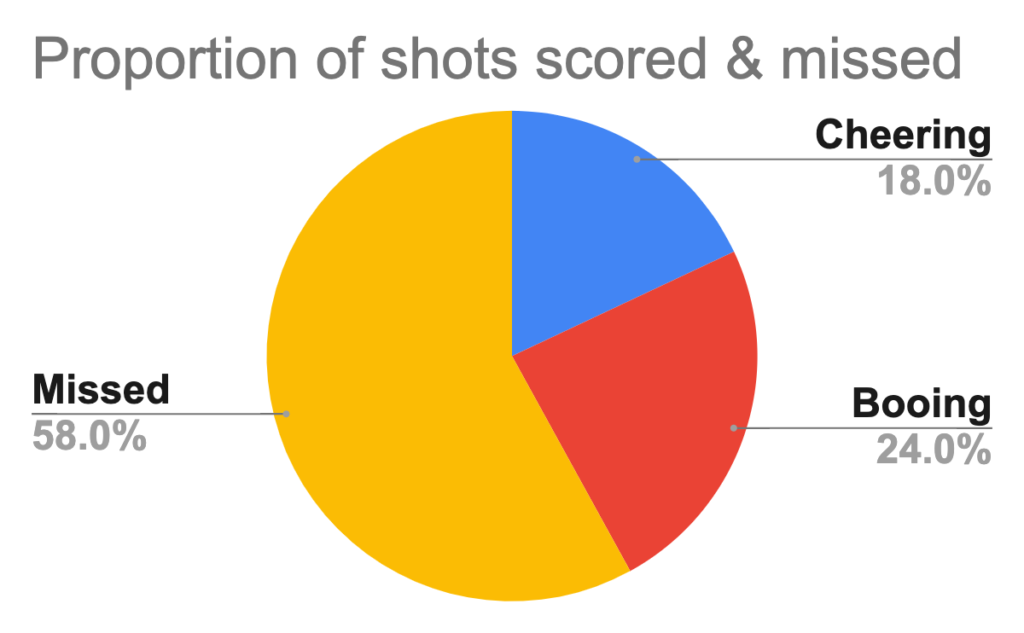
Kanye West’s “808s & Heartbreak,” released in 2008, marked a pivotal moment in the evolution of hip-hop, influencing the modern rap scene in profound and multifaceted ways. Prior to this album, mainstream rap was largely dominated by themes of affluence, bravado, and the street life narrative. West’s departure to focus on personal loss, emotional vulnerability, and existential musings was both jarring and revolutionary. By foregrounding his heartbreak and emotional distress, utilizing the Roland TR-808 drum machine for its cold, minimalist beats, and employing Auto-Tune to convey a sense of detached emotionality, West challenged the genre’s boundaries. The album’s introspective lyrics, combined with its innovative sound, opened new avenues for artistic expression in hip-hop, encouraging a generation of artists to explore more personal and emotionally complex subject matter.
The impact of “808s & Heartbreak” is evident in the rise of artists who embody its ethos, such as Drake, Kid Cudi, and Travis Scott. These artists, among others, have cited the album as a significant influence on their work, embracing its blend of singing and rapping, as well as its thematic focus on emotional vulnerability and introspection. This has contributed to a shift in hip-hop, where the incorporation of personal and emotional narratives has become more prevalent. The album’s fusion of hip-hop with elements of R&B, pop, and electronic music has also encouraged artists to experiment with diverse sounds and genres, pushing the boundaries of what rap can be.
Another significant contribution of “808s & Heartbreak” to the modern rap scene is the mainstream acceptance and proliferation of emo rap. This subgenre combines the lyrical introspection and emotional rawness of emo music with hip-hop, exploring themes of mental health, love, loss, and existential angst. West’s album demonstrated that rap could serve as a powerful medium for expressing vulnerability and addressing complex emotional and psychological issues. This has led to a more inclusive understanding of masculinity within hip-hop culture, challenging the genre’s traditional norms and stereotypes regarding emotional expression.
The sound design of “808s & Heartbreak” also left an indelible mark on the sonic landscape of contemporary music. Its minimalist production, characterized by the use of the TR-808 drum machine, sparse instrumentation, and Auto-Tune vocals, has influenced a wide array of artists across genres. This minimalist approach to production has encouraged producers to experiment with space and texture, leading to a more atmospheric and emotionally resonant sound in modern hip-hop and beyond. The album’s aesthetic has become a blueprint for creating mood and atmosphere in music, illustrating the power of simplicity and restraint in sonic storytelling.
Moreover, the album’s innovative use of Auto-Tune has had a lasting impact on the vocal delivery and production techniques in hip-hop and pop music. While Auto-Tune was used prior to “808s & Heartbreak,” West’s emotional and artistic use of the tool as a means to convey vulnerability and a sense of alienation has inspired artists to explore the expressive potential of vocal effects. This has led to a broader acceptance and integration of Auto-Tune and other vocal modulation technologies in music, allowing artists to experiment with their voices in novel ways to enhance their artistic expression.
In conclusion, “808s & Heartbreak” stands as a watershed moment in hip-hop, challenging and expanding the genre’s lyrical themes, soundscapes, and emotional depth. Its influence permeates the modern rap scene, seen in the proliferation of genre-blending artists, the acceptance of emotional vulnerability in hip-hop, and the innovative use of production techniques. Kanye West’s bold departure from traditional hip-hop narratives and sounds has not only redefined his career but also reshaped the trajectory of the genre, highlighting the enduring power of artistic innovation and emotional honesty in music.




